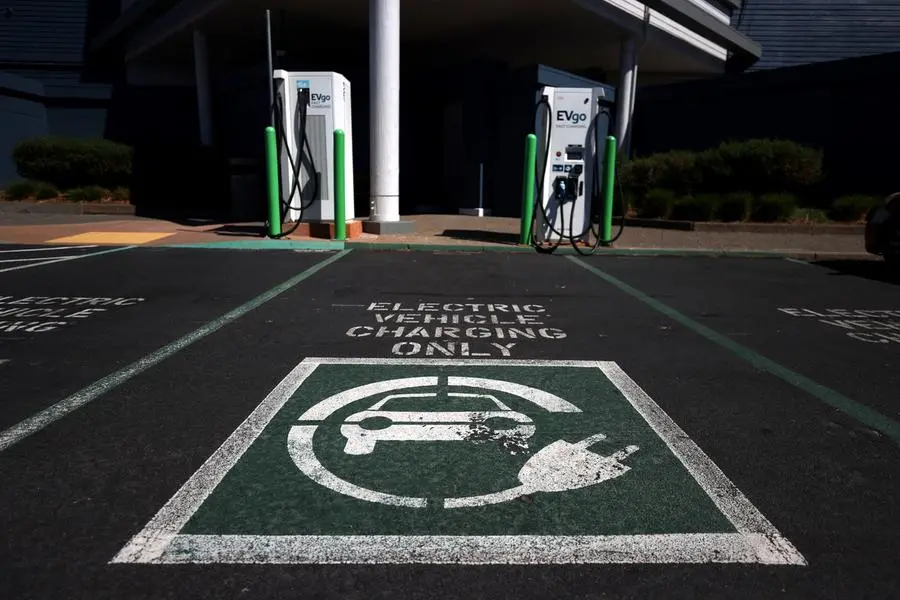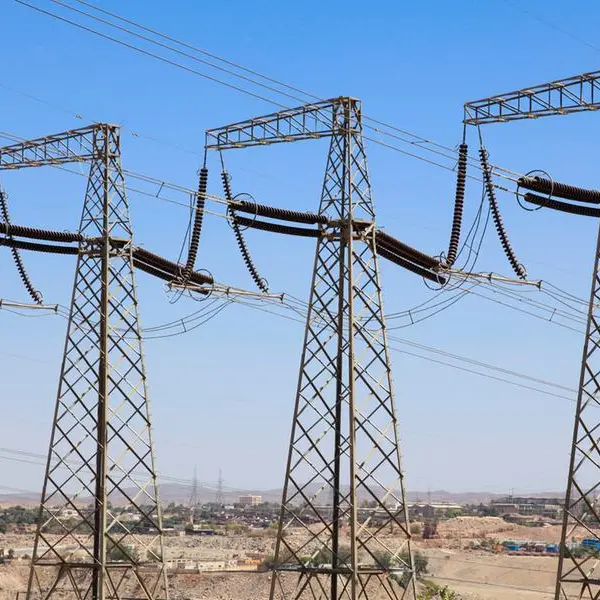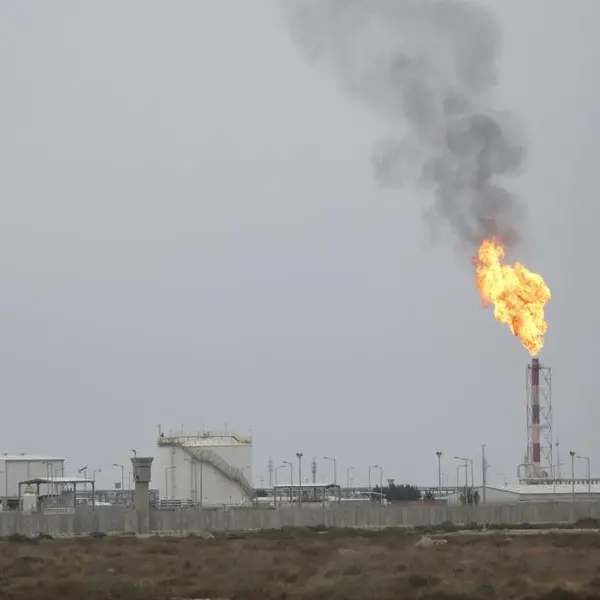PHOTO
Global sales of electric vehicles (EVs) will hit a new record in 2023 by reaching 14 million, rising 35%, compared to more than 10 million in 2022, according to the International Energy Agency’s (IEA) annual Global Electric Vehicle Outlook report.
Therefore, EV share of the overall car market will increase to 18% this year from around 14% in 2022 and 4% in 2020.
Road transport accounts for over 40% of global oil demand, but EVs - driving a significant transformation of the auto industry - will help displace over five million barrels per day (bpd) of oil demand by 2030, based on current policy settings alone.
“Electric vehicles are one of the driving forces in the new global energy economy that is rapidly emerging and they are bringing about a historic transformation of the car manufacturing industry worldwide,” IEA Executive Director Fatih Birol said in a statement.
“By 2030, EVs will avoid the need for at least 5 million barrels a day of oil. Cars are just the first wave: electric buses and trucks will follow soon,” he added.
However, most EV sales to date are reported mainly in China, Europe and the US.
China is the frontrunner, with 60% of global electric car sales taking place in 2022. Europe and the United States, the second and third largest markets, both saw robust growth, with sales increasing 15% and 55%, respectively, last year.
Ambitious policy programmes in major economies, such as the Fit for 55 package in the European Union (EU) and the Inflation Reduction Act in the US, are expected to increase market share for EVs further this decade and beyond.
By 2030, the average share of EVs in total sales across China, the EU and the United States is set to rise to around 60%.
The emerging and developing economies are catching up in the two- or three-wheel vehicles, which outnumber cars.
Over half of India’s three-wheeler registrations in 2022 were electric, reflecting their growing popularity, the IEA stated.
(Editing by Seban Scaria seban.scaria@lseg.com )





















